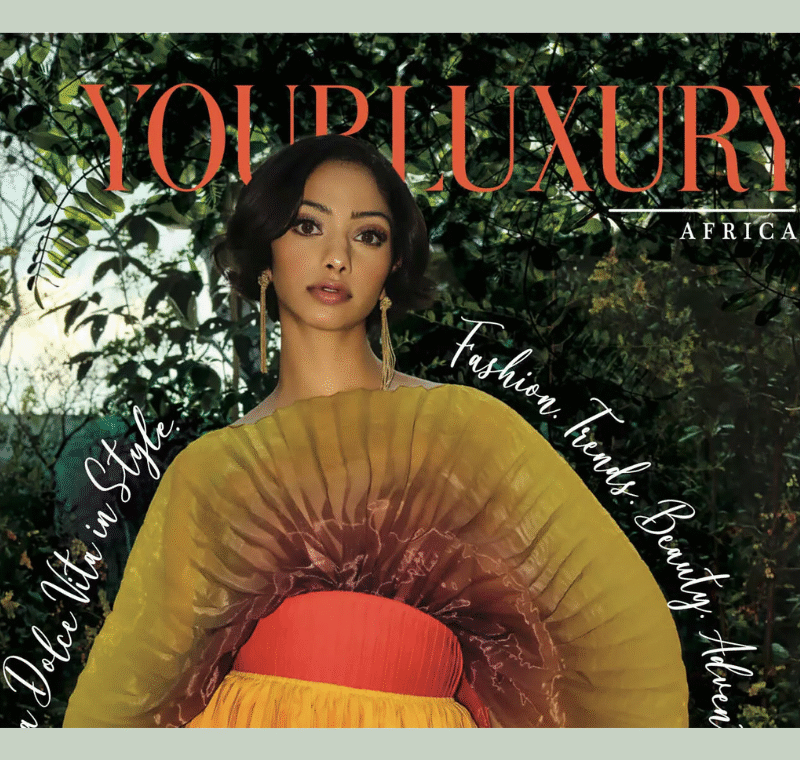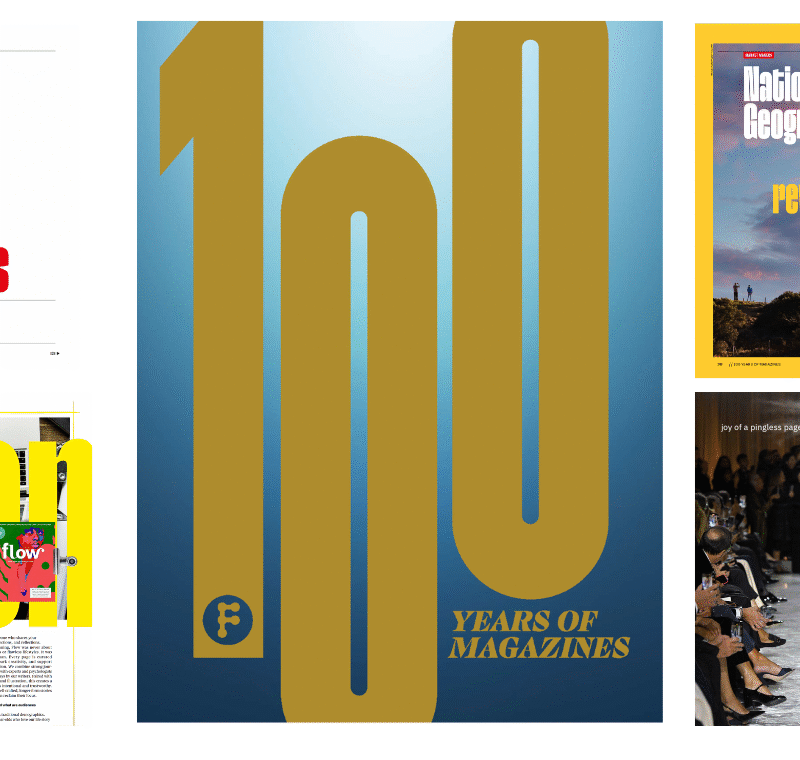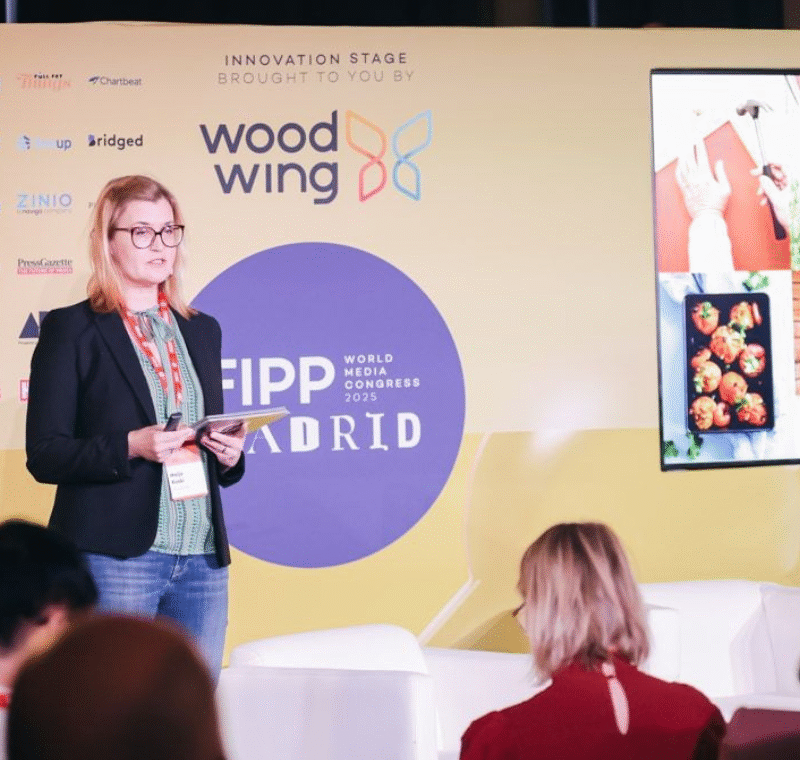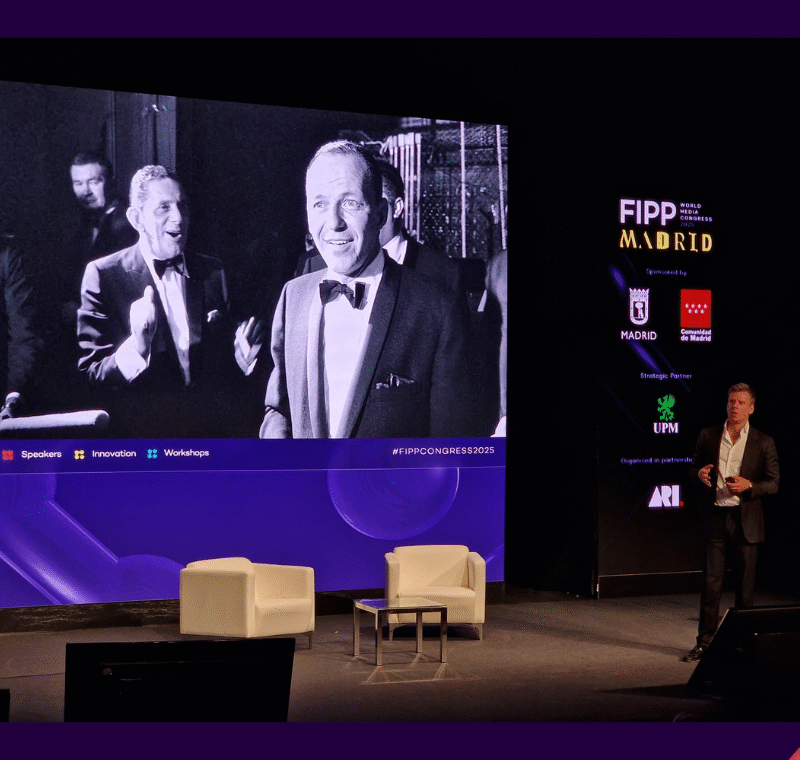Axel Springer’s Dr. Andreas Wiele on how to win as a digital publisher
Among them is Axel Springer, the home of Bild, Business Insider and many other brands. In the first nine months of 2018, the company’s digital division grew organically by 11.7 percent accounting for 70.6 percent of its total revenues. Much of that growth has been down to the success of the company’s classified ad division, a sector which is helmed by a DIS 2018 speaker Dr. Andreas Wiele.
 |
One of the architects of the company’s digital strategy Dr. Wiele was president of Bild Group and Axel Springer Magazines until 2014, and today is President of the company’s Classifieds and Marketing Media division.
At DIS 2018 Andreas will be unpacking ‘High-speed disruption, real data, the scourge of fake news,’ and generally how to to win as a digital publisher.
Here he talks about the impact of AI, how German companies are tackling fake news, and why publishers need to convince advertisers that their content is a safe space for ads.
***Registration for DIS 2018 (19-20 March in Berlin) is now available. Save hundreds of euros on the registration price when you sign up before 13 March 2018. Secure your place here***
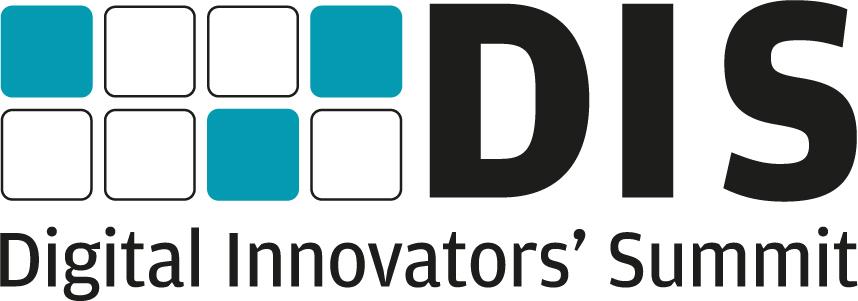 |
What would you say are the key issues facing digital publishers in 2018?
The key issues are very much the same as in 2017: give users great content and increase their willingness to pay on one side, and get our fair share of the digital advertising pie on the other side
Data has become hugely important to Axel Springer. Can you outline some of the most effective ways that you are using it?
Data is already used very effectively to sell our advertising reach in a more targeted manner, and will be used more and more to produce custom content for our users.
Do you think the use of Artificial Intelligence will transform the way that publishers use data?
AI, and its power to process huge amounts of data in a meaningful way, will allow for an intelligent combination of our many user and content data points to create truly individual content experiences. We are already using AI to create content in areas where it was economically unfeasible to do so with journalists, i.e. reports about each game of lower division football. This can be expanded to other areas, but will never replace the spirit and genius of a real journalist.
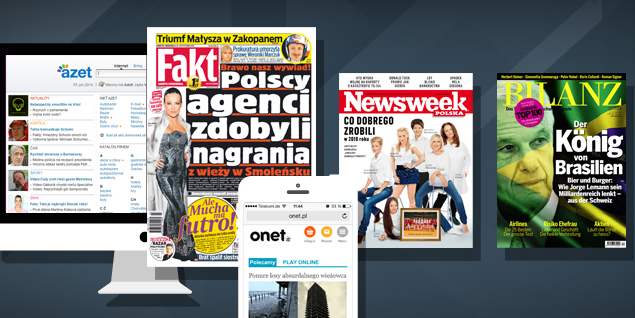 |
How is fake news affecting German publishers and what steps are your taking to address it?
Fake news is a big public debate in Germany and as such a great opportunity to revalue the importance of real professional journalism with some of its basic rules, such as fact-checking and the need for two independent sources to verify news. Fortunately, surveys show that the belief of the German audience that traditional media brands are the best sources for credible news, is still largely intact.
From an advertising/revenue generation perspective what do you think are the biggest challenges facing publishers at the moment?
There is an inflation of reach and digital offerings that are all competing for the same advertising Euros. Publishers need to demonstrate that their audiences and their content are the best, safest and most efficient carrier of an advertisers message.
Has Facebook’s pivot on its news feed prioritising posts from friends and families, made you reconsider your social media outreach strategies?
For publishers it is more important to see large platforms, such as Facebook, respect some fundamental rules: to increase the traffic that is send back to our sites and to allow consumers to subscribe directly to our paid content offerings. Facebook is obviously free to refocus its feed away from news – perhaps that is even a realisation that publishing is better left to publishers and not to social platforms.
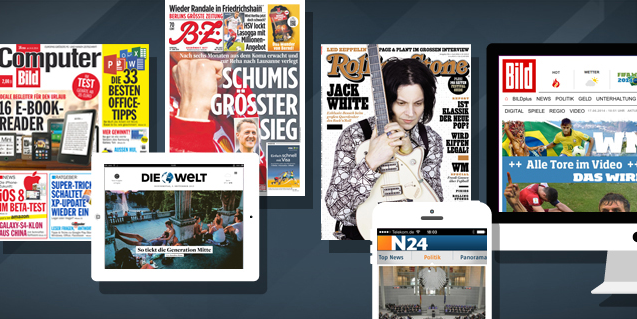 |
Is ad blocking still a significant issue for publishers?
As long as one impression is blocked from advertising it remains an issue. However, many publishers have responded by eliminating the most aggressive forms of advertising and consumers have started to recognise this and also understand that advertising revenue is required to finance independent journalism.
***Registration for DIS 2018 (19-20 March in Berlin) is now available. Save hundreds of euros on the registration price when you sign up before 13 March 2018. Secure your place here***
More like this
How Egmont is reaping rewards from creating ALT.dk
Blockchain: can it transform the media? Yes, says Burda CTO
How launching a web TV channel reaped dividends for Schibsted’s VG newspaper
How this startup plans to use blockchain to power a new media business model
How Cheddar revolutionises business media
How the EU’s new ePrivacy regulations could profoundly impact all media
JabberBrain’s Johan Ahlund on how AI will deliver a new breed of intelligent chatbots

